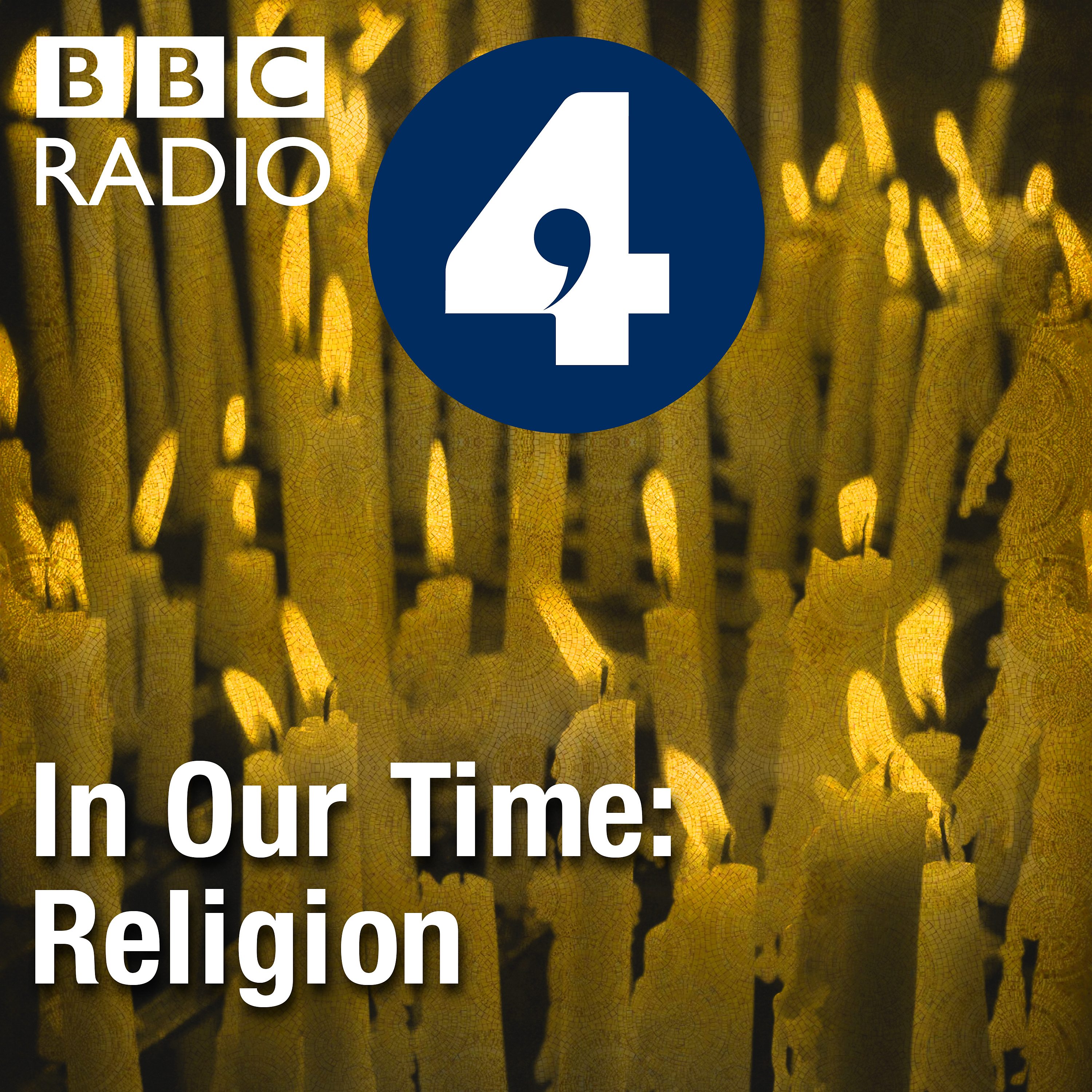Arianism
Description
Melvyn Bragg and guests discuss the form of Christianity adopted by Ostrogoths in the 4th century AD, which they learned from Roman missionaries and from their own contact with the imperial court at Constantinople. This form spread to the Vandals and the Visigoths, who took it into Roman Spain and North Africa, and the Ostrogoths brought it deeper into Italy after the fall of the western Roman empire. Meanwhile, with the Roman empire in the east now firmly committed to the Nicene Creed not the Arian, the Goths and Vandals faced conflict or conversion, as Arianism moved from an orthodox view to being a heresy that would keep followers from heaven and delay the Second Coming for all.
The image above is the ceiling mosaic of the Arian Baptistry in Ravenna, commissioned by Theodoric, ruler of the Ostrogothic Kingdom of Italy, around the end of the 5th century
With
Judith Herrin
Professor of Late Antique and Byzantine Studies, Emeritus, at King's College London
Robin Whelan
Lecturer in Mediterranean History at the University of Liverpool
And
Martin Palmer
Visiting Professor in Religion, History and Nature at the University of Winchester
Producer: Simon Tillotson
More Episodes
Melvyn Bragg and guests discuss the last pagan ruler of the Roman Empire. Fifty years after Constantine the Great converted to Christianity and introduced a policy of tolerating the faith across the empire, Julian (c.331 - 363 AD) aimed to promote paganism instead, branding Constantine the worst...
Published 04/18/24
Published 04/18/24
Melvyn Bragg and guests discuss one of the most influential theologians of the twentieth century. Karl Barth (1886 - 1968) rejected the liberal theology of his time which, he argued, used the Bible and religion to help humans understand themselves rather than prepare them to open themselves to...
Published 01/04/24


